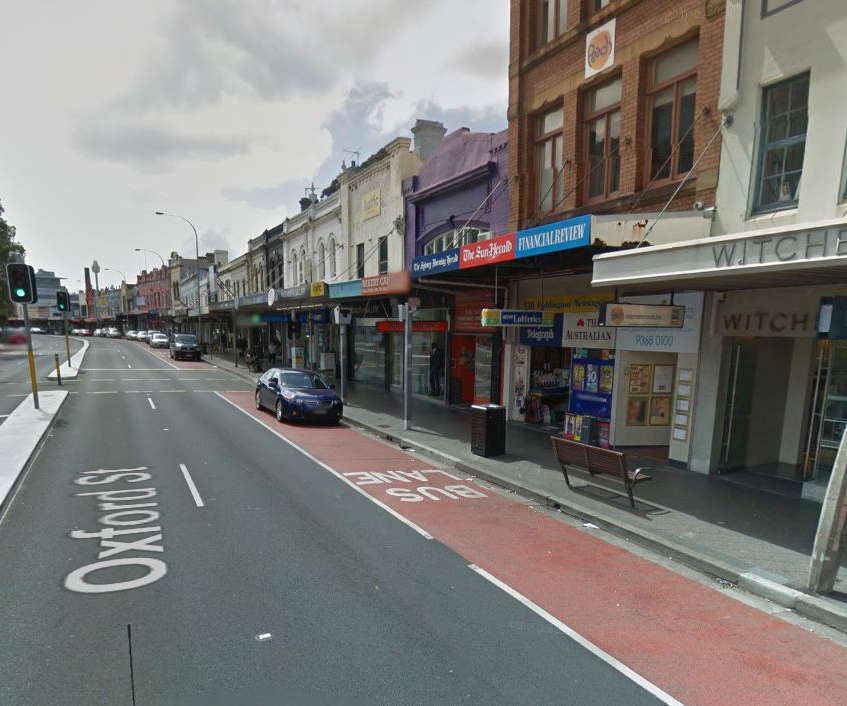The lonely death of young Indian man who was forced to work in slave-like conditions at a restaurant in Sydney’s inner east is one of the most tragic stories a coroner has ever heard.
Manjit Singh arrived in Australia on a 457 temporary visa in February 2006 with hopes of becoming a chef in Australia but was instead forced to work 8am to midnight 7 days a week at Darlinghurst’s North Indian Flavour restaurant in appalling conditions.
Mr Singh died on 26 August 2011 in the Intensive Care Unit at Royal North Shore Hospital, from complications following the removal of right his right lung for tuberculosis (TB) some days earlier. He was 33.
In his findings, Deputy State Coroner Magistrate Hugh Dillon compared Mr Singh’s death as a ’21st-century retelling’ of George Orwell’s ‘How the Poor Die’.
“[It is] one of the saddest stories that I have encountered in nearly eight years as a coroner,” said Mr Dillon.
According to Mr Dillon’s report, before his death Manjit Singh reportedly told the AFP he was promised by the North Indian Flavour’s manager, Gurjit Singh he would be paid $800 a week in Australia and would get one day off. Gurjit Singh also promised Manjit he would be guaranteed permanent residency after a period of two years, and he would be given accommodation at Gurjit Singh’s house.
Before he left India Manjit was required to undergo a medical examination and a chest x-ray revealed he had signs of latent, not active, TB. Mr Singh was granted a 457 Visa but required to place himself under the supervision of a State health authority and undergo any necessary treatment for his chest condition.
Manjit also told the authorities before his death that Gurjit Singh had told him that he had not passed the medical and before he left India he’d have to provide $12,000 deposit to the Department of Immigration and Border Protection – which he would get back if he did not get sick.
It is understood from the inquest notes that Gurjit Singh took the money – money which Manjit’s father, a farmer from a village near the city of Jalandhar, had to get a loan for – and Manjit never saw it again, despite there being no such requirement by the government to provide such funds.
This was just the beginning of the heinous duplicity that would befall the Indian national during his time in Australia and lead up to his death.
According to the coroner’s report Manjit – who was described as “shy and unassertive” – continued to work for Gurjit Singh despite later claiming he went long periods without any pay – only recalling receiving three lots of $300 from February 2006 to January 2008.
While Manjit was complying with his mandatory health checks at St Vincent’s Hospital, in 2008, after stopping work for Gurjit Singh he presented to Royal North Shore Hospital in May 2009 where doctors observed him to be malnourished, folate deficient and had severe vitamin D deficiency – the coroner saying these were most certainly a sign of his inadequate living conditions and nutrition.

Manjit Singh’s passport photo which was shown during an inquest into his death in Sydney.
Despite receiving treatment Manjit’s situation meant he had no money, was unable to pay for medicine, food or housing.
“His situation was so dire that the nursing staff collected money for him, cooked him food and gave him warm clothing,” the Coroner said.
According to the inquest notes, from 14 February 2011 until 15 March 2011 Manjit travelled to India but because he had been identified as a suspected victim of human trafficking, and was providing the AFP with assistance in their investigations, in October 2010 he had been granted a criminal justice visa and was able to re-enter Australia at the end of his trip.
But Mr Dillon notes that despite his willingness to help the AFP Manjit had no right to work and therefore “lived hand-to-mouth”, so much so that he became vulnerable to reactivation of his tuberculosis.
By August 2011 Manjit’s once-latent tuberculosis had flared up and his right lung was deemed “unsalvageable” and removed. He died as a result of surgery.
In his report Mr Dillon spoke about the hardships in Manjit’s life and loneliness he faced in his death.
“It is difficult to imagine what must have gone through his mind at that time,” Mr Dillon said. “He was lying in a hospital bed thousands of kilometres from home and his loving parents. His hopes of providing for his family in India and of perhaps establishing a new life in Australia had turned to dust. He was only 33 and had no close relatives with him, no wife or children to carry on after him.”
In his report Mr Dillon called Manjit Singh’s case “the tip of the iceberg” when it came to foreign nationals being exploited on 457 visas.
“I hope that DIBP [Department of Immigration and Border Protection] is not so complacent that it thinks that Manjit Singh’s case is unimportant for what it reveals about the potential threats to the welfare of 457 visa holders, and for public health,” Mr Dillon said.
And while he didn’t make any formal recommendations to the DIBP, Mr Dillon said he would flag his findings with the Minister for Immigration in the hope that cases like Manjit’s be considered even more closely following the inquest.
Video: Woman stands in underwear in Piccadilly Circus to promote body acceptance.


